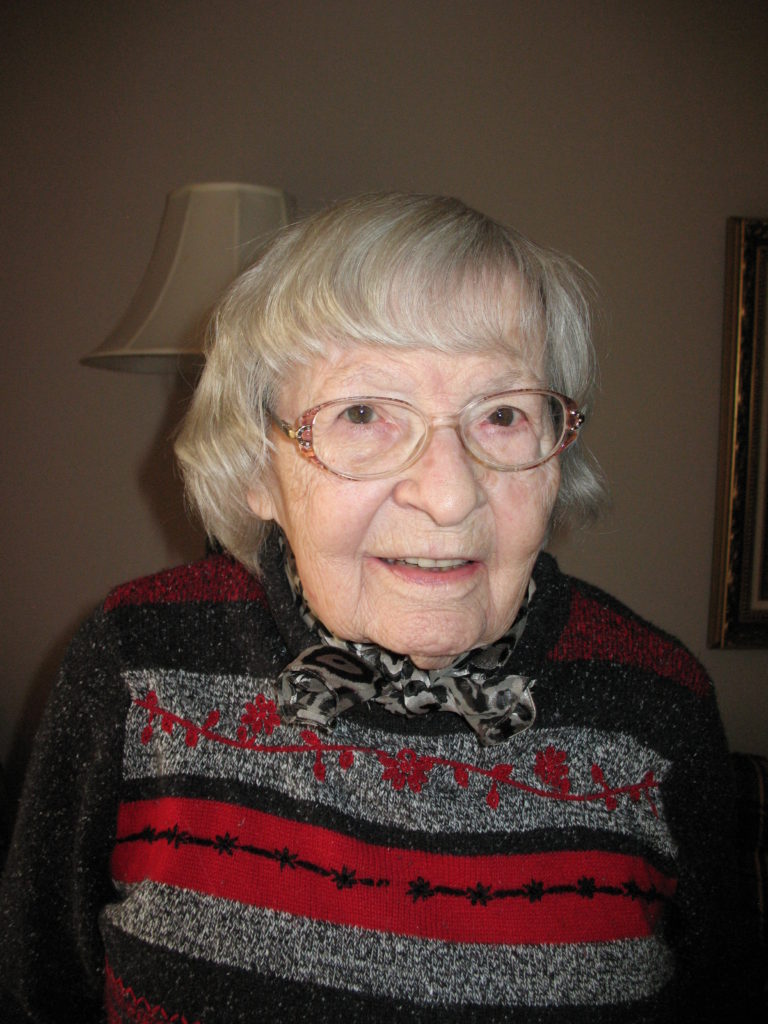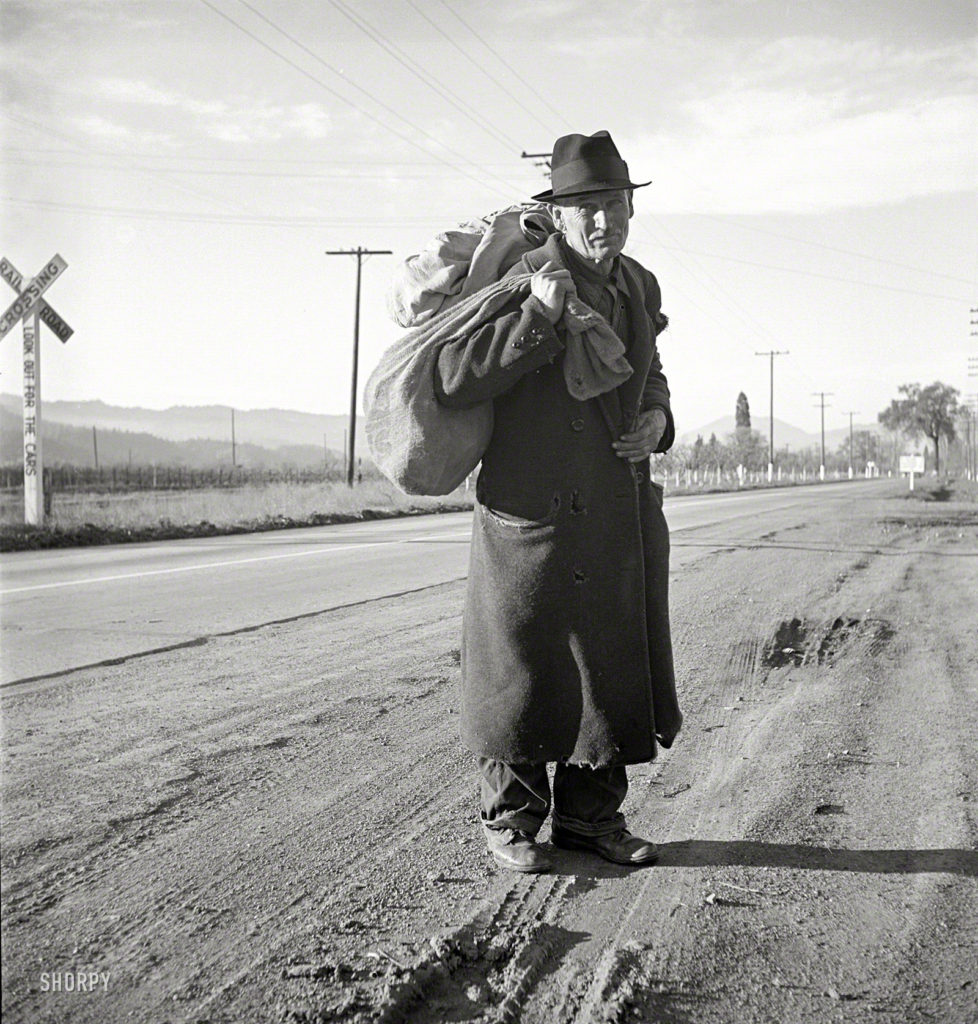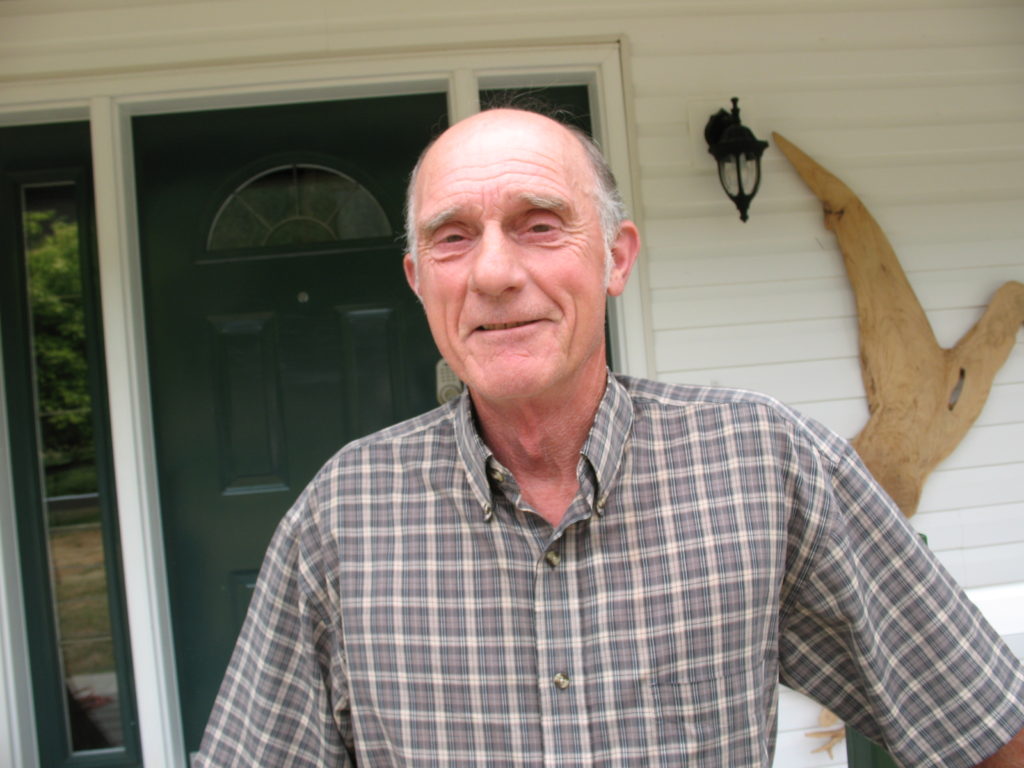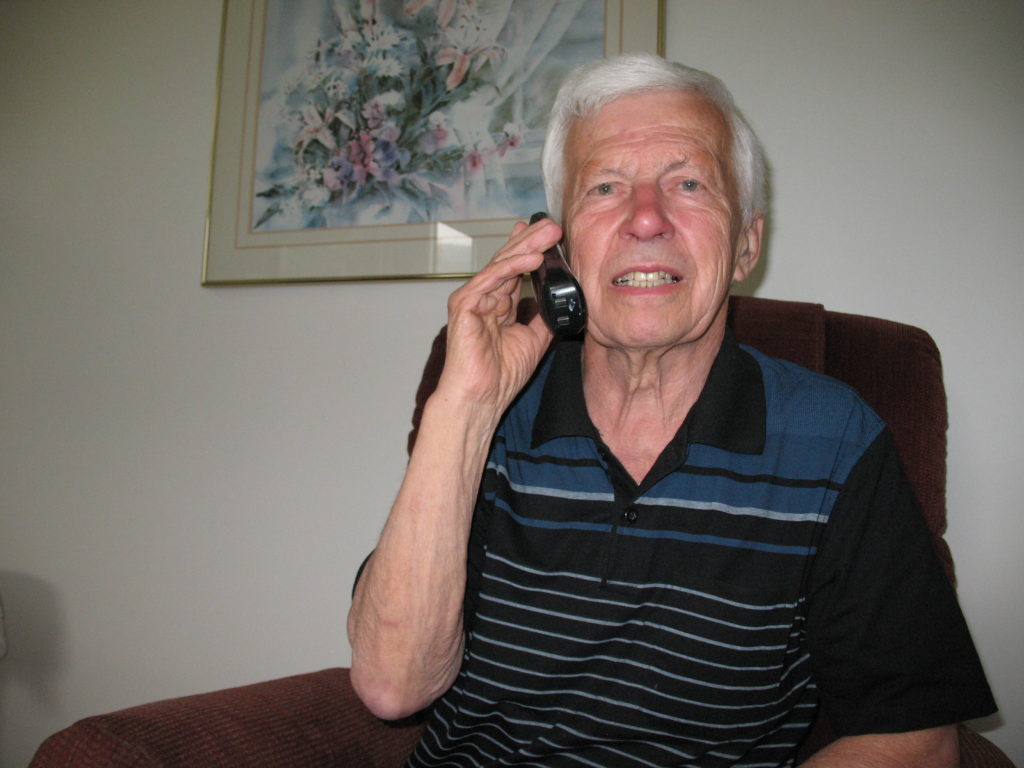
With Elections Canada making preparations for a possible spring vote, I decided to call Susanna Mitchell, leader of the newly minted Grannies Freedom Party. In a two hour telephone conversation from her home in Langley, she talked about a concept I consider well outside the proverbial box.
“We’re in the midst of a global health crises and politicians have thrown enough money at it to fill a large landfill,” she said. “They’re giving away so called free money. It’s a ploy to charm us. We’re convinced Canada needs a strong dose of innovative and practical thinking. It’s our belief that grandmothers have the life experience to provide that.”
Susanna, who I have only met once, volunteered she is 81. Then, with an understandable hint of pride said she had raised 14 offspring during harsh economic times in rural Saskatchewan. “We lived in a 4 bedroom, unpainted house,” she said. “My husband worked in a coal mine and was away a lot. I had a large garden, a cow for milk, chickens for eggs and meat, and every fall we butchered a hog. Our oldest son helped me build an outdoor summer kitchen to prepare meals on hot days.”
Susanna stands at no more than 5 feet and I was beginning to realize that this little lady is pragmatic, fair minded, feisty and not easily flustered. She now wanted to shift gears and it became evident that although she has only a high school diploma, reading has given her a wide ranging grasp of politics, especially of governance. “Each member of my shadow cabinet is endowed with experience and expertise in various realms like finance, agriculture, health and much more,” she said. “Most have raised children. That can be a more practical preparation for governing than a fancy law degree. Also, some have been teachers or served on school boards, several have operated small businesses. One was CEO of a community organization. Another operated a successful poultry farm. Grannies 55 and older are welcome in our Party.”
“Politics in Canada, as elsewhere,” Susanna contended, “has been tarnished by lust for power, prestige and money. The economist and author, Anthony Downs, said parties don’t try to get elected to implement policies. They adopt policies to try to get elected.”
She followed this by reminding me of the advice given by Quintus to Cicero when he was campaigning for the position of Roman Consul. “Make the promises now,” Quintus urged his brother in law, “then worry about fulfilling them later. You will have to promise to help people, even if you know you can’t.”
“This isn’t appropriate advice for our members,” Susanna said. “We’re convinced voters value integrity. We don’t make promises we know we can’t fulfill.” She refuses to enlist pollsters, advertising specialists, sociologists, statisticians, strategists and back room boys.
Susanna isn’t unrealistic in her expectations of what her party can achieve. “We may not win any seats,” she acknowledged, “but if we do I will remind members the election is over and we won’t function like other parties. They tend to remain in election mode for much of their term in office. Elected or unelected, our purpose will be to get things done, not to campaign incessantly.”
Concerned by Canada’s burgeoning mountain of debt, Susanna will strive to lower expectations, as she did when men came to her door in Saskatchewan looking for a handout. “Here’s an axe,” she said to them. “Chop fire wood in the back yard and I’ll throw a chicken in a pot and prepare a meal for when you’re done.” She will attempt to stop the presses that have been printing free money. She knows borrowed money will one day have to be paid back by our children, grandchildren and beyond.
Susanna and members of the Grannies Freedom Party are disturbed by the decadent ways of governments. They deplore the lavish banquets, junkets to exotic islands, generous pensions, and other perks for which ordinary citizens are not eligible. Their primary goal is to do more than talk about cleaning up our environment, balancing the budget, providing free dental care and pharmacare, and much more. The established parties aren’t concerned about the Grannies Freedom Party at this time, but the Grannies’ message may resonate with voters. In that case, there will likely be some surprised expressions in Parliament after the next election, whenever that takes place.








